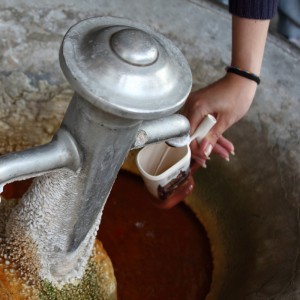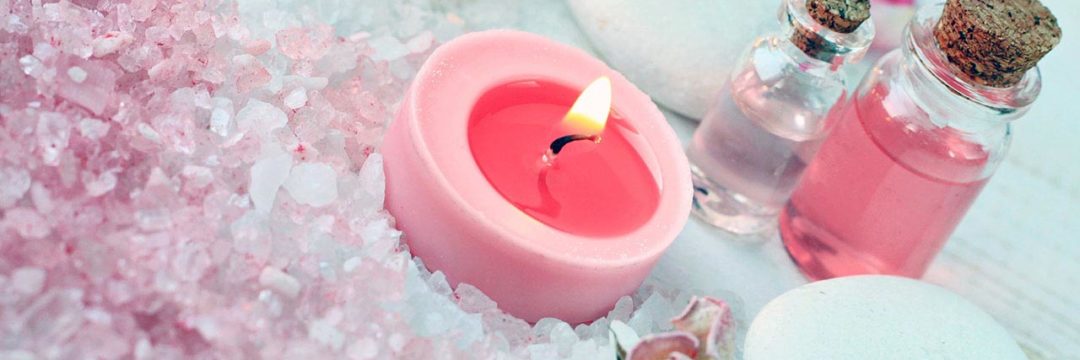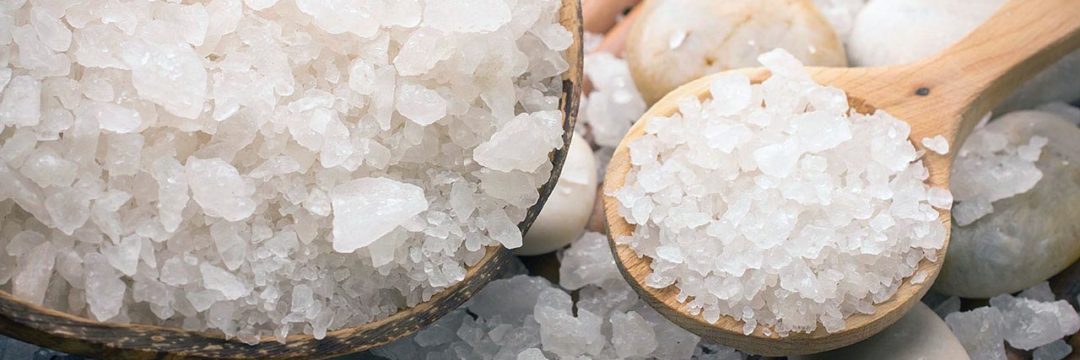Epsom salt derives its popular name from Epsom, a town in England, approximately 15 miles from central London, where Epsom salt was discovered in the waters of a bitter saline spring for the first time. It was in Epsom where the compound was first obtained by boiling down mineral water of the springs and used by people.
 Until early 17th century, Epsom was a small rural community. After the discovery of the springs rich in magnesium sulfate, it expanded and developed into a spa town, one of the earliest in Britain. The water was said to have purgative powers and was drunk on empty stomach from stoneware mugs. Though Epsom was originally known as a spa town, currently there is little to see apart from a water pump. Epsom was not able to compete with other developing sites, one of the reasons being a low supply of spring water.
Until early 17th century, Epsom was a small rural community. After the discovery of the springs rich in magnesium sulfate, it expanded and developed into a spa town, one of the earliest in Britain. The water was said to have purgative powers and was drunk on empty stomach from stoneware mugs. Though Epsom was originally known as a spa town, currently there is little to see apart from a water pump. Epsom was not able to compete with other developing sites, one of the reasons being a low supply of spring water.
The term Epsom salt and its medicinal properties are said to be established by a chemist Nehemiah Grew in 1695, in his book on the “bitter purging salts”. He called the mineral found in the spring water after the nearest town, Epsom. Nehemiah has acquired a royal patent for exclusive manufacturing of Epsom salt that was soon cheaply available over the counter, so there was no need any more to go to the wells.





